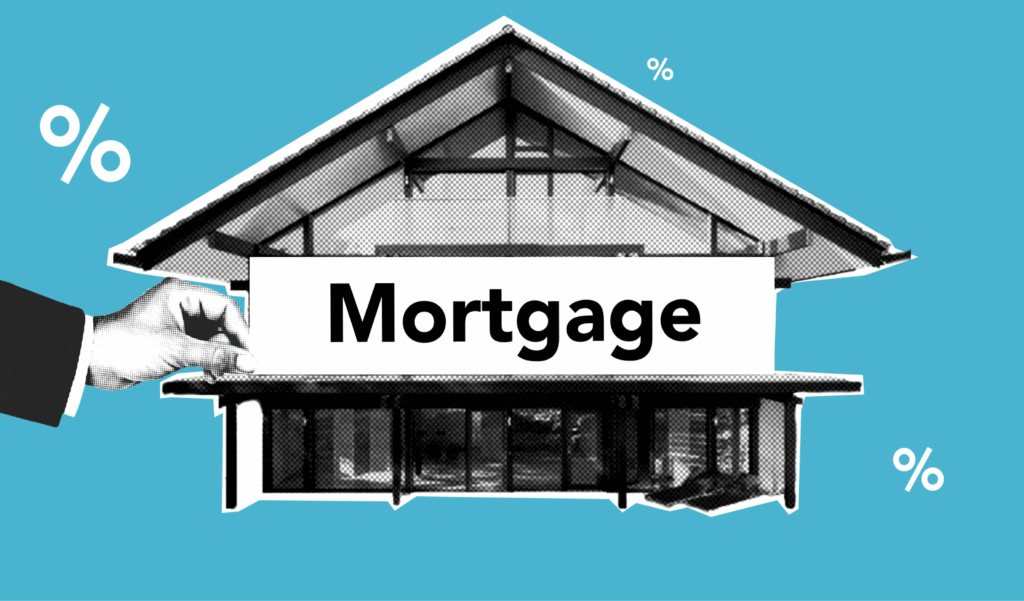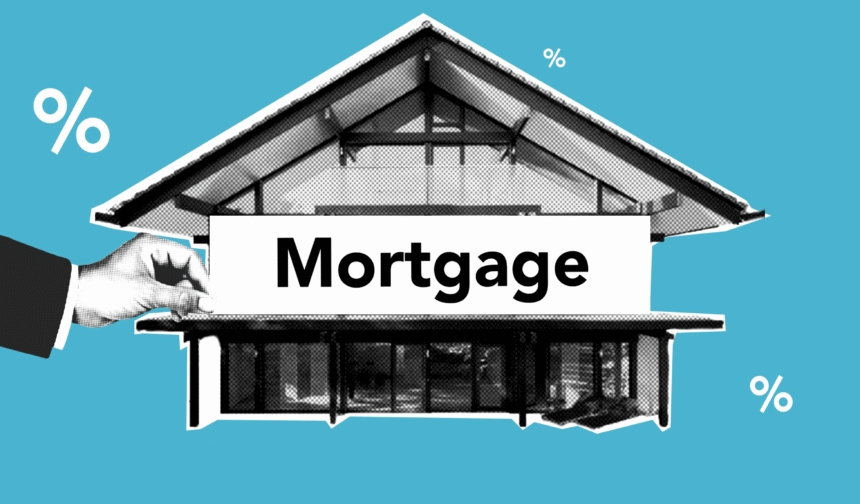In this article I will cover how to get the best mortgage rate, which is one of the most important aspects of obtaining a property loan.
By knowing the information that impacts mortgage rates and analyzing various lenders, you will be able to get the rates you desire. Key points will include ways to obtain the lowest possible rates for your mortgage.
All About Best Mortgage Rate
A lower interest rate on a mortgage can lead to thousands of dollars saved over the years. Some of the most important factors that determine a mortgage interest rate include the individual’s credit history, size of the down payment
kind of loan, and loan repayment periods. In order to get the lowest possible rate, make sure to get quotes from multiple lenders, including banks, credit unions, and online services.

Remember that interest rates change with business cycles, so make sure to time your check with the prevailing economy. Take advantage of the offer that appeals to you the most.
Also, take into account the closing costs, mortgage insurance, and the APR of the loan to make sure that you get the best rate among deposits. These steps ensure that the lowest rate is obtained.
How To Get The Best Mortgage Rate

Check Your Credit Score: Ensure your credit is in good standing.
Choose Loan Type: Fixed-rate vs. adjustable-rate – help us understand which is more appealing.
Compare Rates: See if Rocket Mortgage is rate competitive with their service’s scope. Look for competing offers that invoice several quotes.
Rate Lock: To hedge against volatility, secure a rate that is optimal for you.
Consider Fees: Look at other costs beyond interest, including APR and closing rate.
Less Work Self-Submission: Get quicker response times with low touch application processes, thanks to the Rocket Mortgage application portal.
Understand The Factors Affecting Mortgage Rates
Credit Score
The credit score one possesses is an indicator as to how risky the potential borrower is. Hence, it acts as one of the determinants of interest rate. Usually, consumers with a score exceeding seven hundred can avail competitive rates.
Down Payment
The amount of risk the lender seeks to evade determines the rate they are willing to offer. Thus, the upfront capital possesses a direct correlation to the borrowing rate. Generally, the more than 20% mark is the sweet spot.
Loan Type
Mortgages with stable rates are known as fixed-rate; alternatively, ARMs or Adjustable Rate Mortgages, tend to initially offer lower payments but tend to rise over time. If you plan to remain in the home for an extended stretch of time, Fixed-rate mortgaged loans will suit your needs the best.
Loan Term
A longer time span for paying off a debt such as 30 years tends to mean higher spending sense but relatively lower monthly payments, whereas shorter time frames, for example 15 years, mean stratospheric spending but lower rates. Subsequently, shorter terms will usually bear a lesser interest rate.
Economic Conditions
To what degree inflation influences the overall economy or how recently changed policies of the Federal Reserve can dictate the rates. For example, in recessions, consumers face greater interest rates.
Lender and Market Conditions
Each lender has different criteria, and their rate offerings may vary. Additionally, lender competition and shifts in the housing market can also impact rates.
Location
Some areas may command somewhat higher rates because of region specific market conditions, increased competition, or heightened demand.
Timing Your Mortgage Application
Rate Of Interest Changes: Keep an eye on current events and Fed actions because they sometimes predict changes in rates. Apply before calamitous forecasted hikes.
Seasonal Inequalities: Rates are generally lower in the fall and winter. Summer and spring have heightened rates attributed to demand.
Personal Preparations: Applying will only make sense if your credit score, available down payment, and debt to income ratio are at their most optimal levels.
Locking Periods: Lock in a rate whenever you find one to guard against spikes for the duration of the approval period
Benefits of Using a Mortgage
Achieving Homeownership: A mortgage means you do not have to pay the full price of the house at once. This gives you the opportunity to buy it in parts.
Real Estate Investment: You can borrow money to buy a house. Since homes usually increase in value, it makes for a great investment.
Paycheck Friendly: Payment is easier compared to when paying upfront because the payment is made in smaller increments over time.
Tax Benefits: Deducting taxes means you do not have to pay tax on a certain amount. Since mortgaged homes have interest, they will have tax deductible value.
Credit Improvement: A mortgage will improve your credit score as long as the payments are made regularly and on time.
Financial Security: The equity in the home increases the more you pay towards it which serves as added financial security for times of emergency.
Conclusion
In the end, to secure a low mortgage rate, work on polishing your credit score, manage your finances to provide a bigger down payment, and check multiple lenders.
Strategically scheduling your application, knowing different types of loans, the length of the loan, and even other costs associated with it will help you get the best rate available.
All these steps make certain that the decision you make regarding purchasing a house is indeed affordable and truly value-adding.









